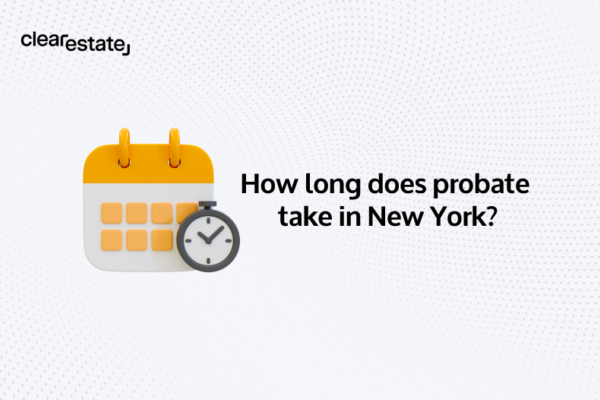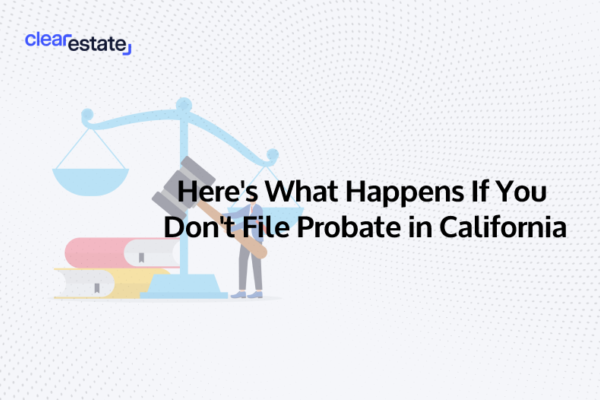What to Keep in Mind Before Agreeing to be an Estate Executor?
In fortunate cases, estate settlement can be a relatively simple process. However, in certain cases, it may turn into a long-winded conflict involving many years of having to attend probate court. This is often the case when a will is disputed, or when an estate’s taxes become overly complicated. In the state of California, it is fully within a nominee's right to reject the role of estate executor.
Deciding whether to accept or reject can be a troublesome position to be in. While, of course, we all want to respect the wishes of the deceased, it can sometimes be outside the realm of an individual's capabilities to deal with. If you decide to reject the role, a probate court judge will assign the role to another person.
If you feel that the beneficiaries of the will or family members of the deceased are likely to contest the will, leading to a more troublesome process than you can handle, you might wish to reject it.
If you're extremely grief-stricken and feel that you're not in a healthy enough state of mind to be able to handle it, you may want to pass the responsibility on to another.
You may also feel that your work schedule or family obligations do not allow you the time to properly deal with estate settlement matters.
Settling your loved one’s estate is an important responsibility: You’re carrying out their last wishes and ensuring everything they owned gets taken care of in the way they envisioned it. By planning ahead and relying on the help of an experienced partner like ClearEstate, you’ll be equipped to navigate this process more smoothly and efficiently.





